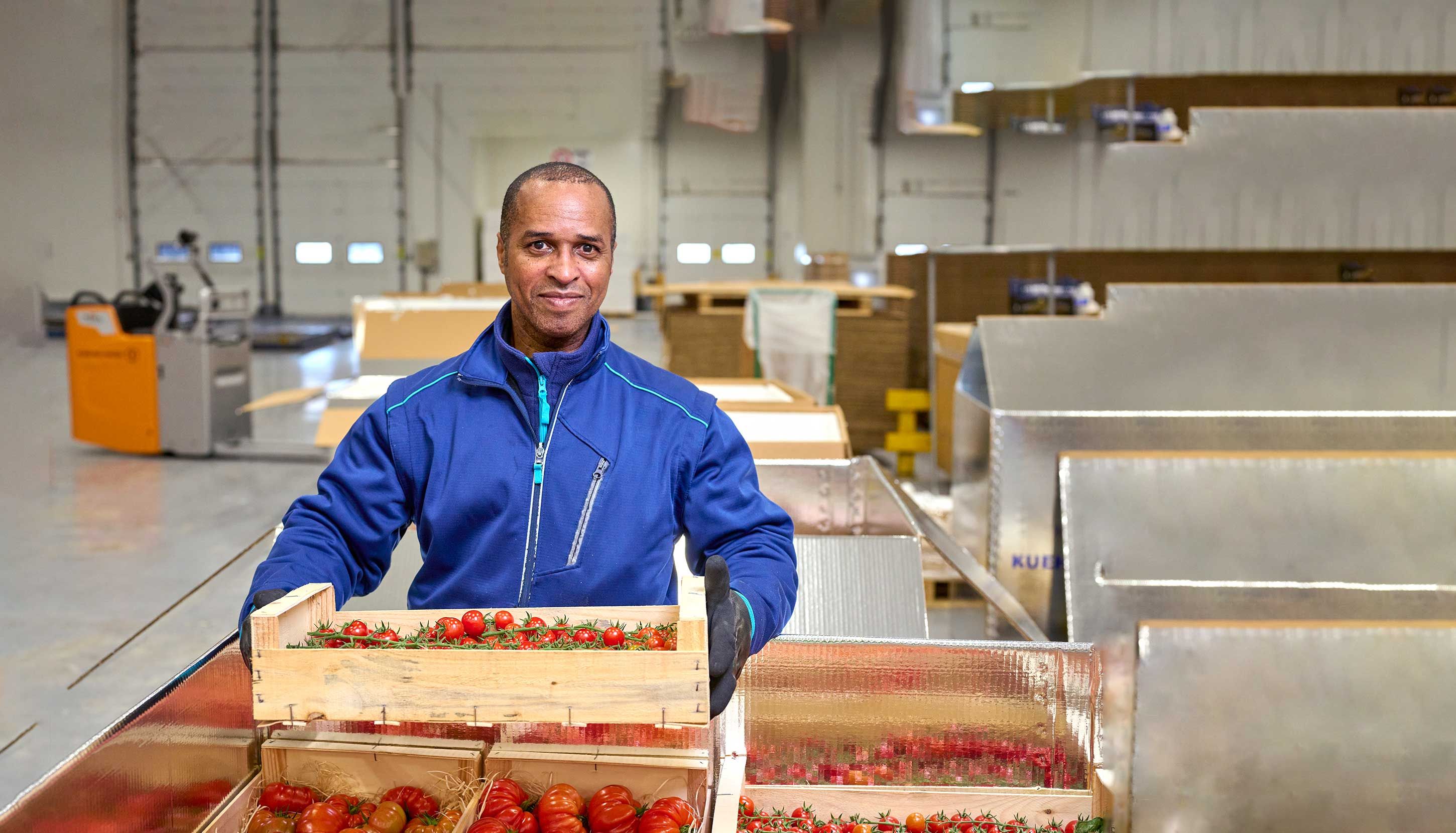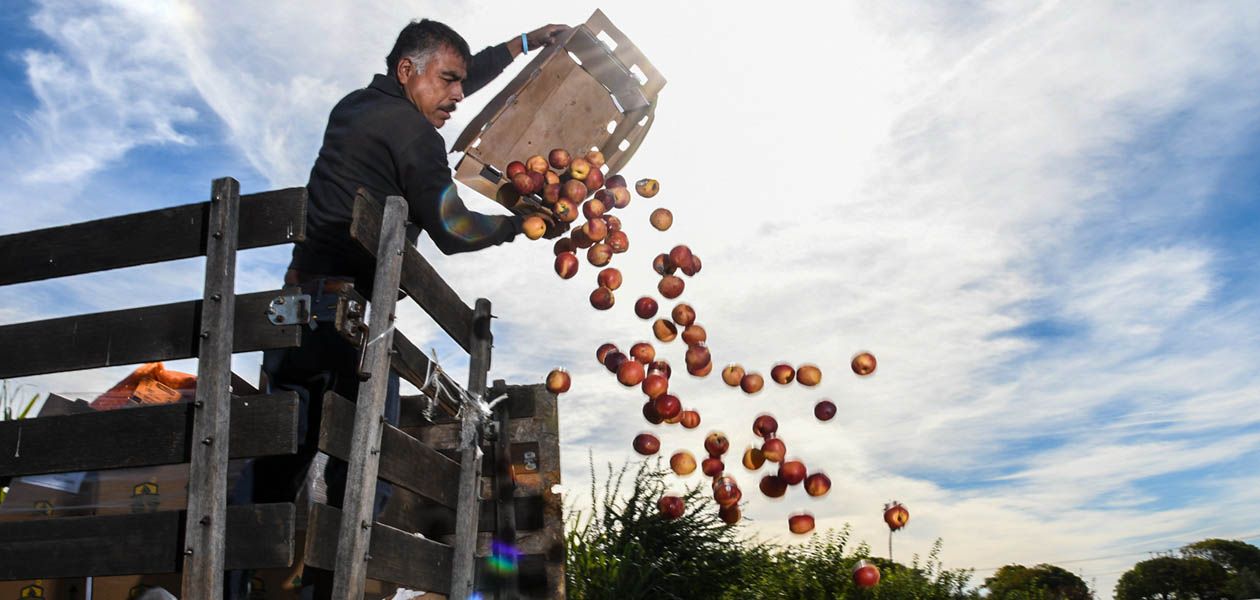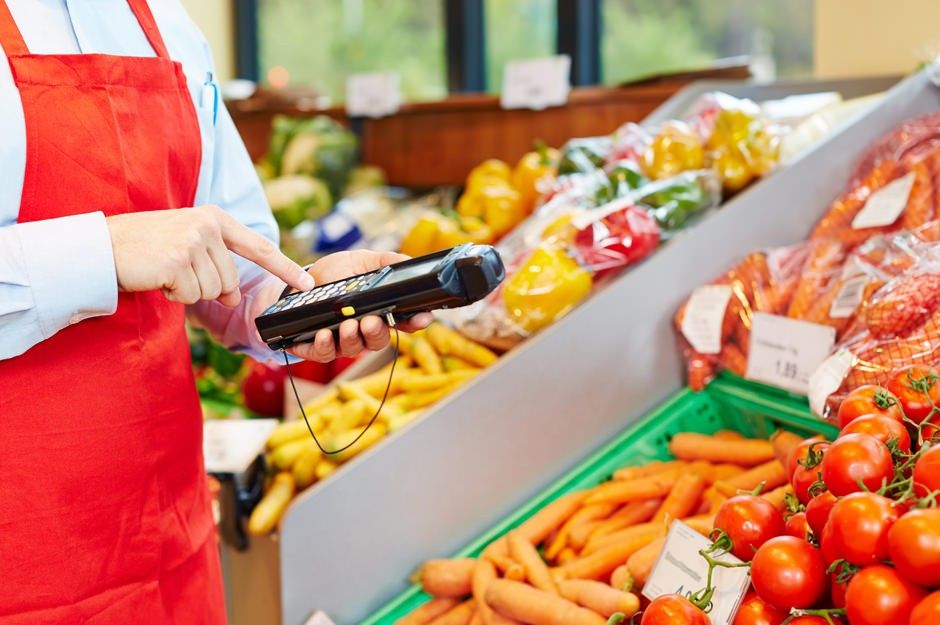Sustainability in Food Distribution: How Wholesale Order Management Software Can Reduce Environmental Impact

In today's fast-paced world, the need for sustainable practices in food distribution has become imperative. The industry faces a myriad of environmental challenges, from excessive packaging waste to inefficient transportation systems. However, amidst these challenges, wholesale order management software and the companies utilizing it emerge as a beacon of hope for a more sustainable future. By learning how to make your supply chain greener with wholesale order management software, you can ensure your organization stands out as one that is conscientious about their impact on the world.
Environmental Challenges in Food Distribution
The current food distribution network presents many environmental challenges, predominantly in the realms of transportation, packaging, and waste. The extensive transportation networks which are required to move food vast distances across the country and even locally contribute significantly to greenhouse gas emissions, escalating the carbon footprint of the entire network.
In addition to this, packaging materials, often single-use plastics, contribute to pollution and waste accumulation. This can place a strain on ecosystems and wildlife habitats across the world, resulting in unforeseen issues. On top of this, inefficiencies in current distribution systems lead to substantial food waste, with a staggering amount of edible produce discarded at various points along the supply chain. To put this into perspective, the U.S. Department of Agriculture estimates that roughly 30-40% of the total food supply is wasted across all stages of the production and distribution lifecycle.
Addressing these challenges necessitates creating innovative solutions that prioritize sustainable transportation, reduced packaging needs, and improved logistical systems that emphasize a reduction of waste and the mitigation of environmental impacts.
The Role of Wholesale Order Management Software in Sustainability
Wholesale order management software plays a pivotal role in enhancing the overall sustainability of the food distribution sector through the optimization of various parts of the supply chain. By enabling accurate demand forecasting and helping with inventory management, this software can minimize the likelihood of food waste due to spoilage or expiration.
Companies such as Open Pantry are leading this charge with tools such as integrated purchasing reports which help suppliers purchase only the exact amount they need, as they need it and more efficient packaging through the use of electronic picking and electronic invoices. Another area where wholesale order management software can make a difference is by reducing the amount of greenhouse gasses released by optimizing delivery runs.

Open Pantry offers delivery run optimization and driver navigation through a delivery app which automatically creates and navigates the best route possible to lower the chance of waste and to reduce emissions while completing an order. On top of all of this, wholesale order management software promotes transparency across the supply chain which enables key stakeholders to make informed decisions which prioritize sourcing practices from environmentally conscious suppliers.
Utilizing Efficient Supply Chain Management
The supply chain in the food distribution network is expansive, but learning how to efficiently manage each aspect is of the utmost importance. Efficient supply chain management within food distributions holds significant potential for reducing environmental impacts outlined above. The primary ways to tighten up your supply chain are to streamline logistics, minimize transportation distances and enhance your inventory management.
Wholesale order management software helps this goal by enabling better coordination among stakeholders, thus allowing for the reduction of food waste through improved inventory tracking, accurate demand forecasting, and even optimized storage conditions. Implementing sustainable sourcing practices along with packaging and storage solutions, such as replicating your storage floorplan to easily check stock and place orders with Open Pantry’s technology, can help you achieve this goal.
For suppliers, everything from the way in which stock is accumulated and stored to how it is delivered to restaurants should be examined. Restaurants themselves should be looking at how their orders are placed with suppliers and focusing on finding a way to reduce issues such as overstocking and the spoilage of food. By tightening up your supply chain, you can do your part in making the food distribution network more environmentally friendly.

The Importance of Data-Driven Decision Making for Sustainability
Understanding the current issues caused by food distribution networks and their subsequent impact on the environment is only half the battle. Going further, covering the importance of efficient supply chain management still does not solve the issue. To revolutionize your impact on the environment and your role in the food distribution network, there is one thing you must be focusing on above all else: data.
Data-driven decision-making lies at the core of sustainable food distribution. Wholesale order management software collects vast amounts of data on customer demand, inventory levels, and transportation routes. Analyzing this data provides insights that empower businesses to make informed decisions, optimizing routes, adjusting inventory levels, and adopting environmentally friendly packaging solutions.
Collaboration for a Greener Future
Achieving sustainability in food distribution requires collaboration across the entire ecosystem. From suppliers embracing sustainable sourcing practices to distributors and retailers optimizing their operations, a unified effort is crucial. Wholesale order management software acts as a collaborative platform, helping to foster communication and coordination among all stakeholders, thus facilitating the adoption of sustainable practices.
Subway serves as perhaps the greatest example of a company evaluating and improving their supply chain. Their operated buying cooperative improved the collaboration between Subway and its suppliers and, since 1996, has eliminated 126,456 metric tonnes of carbon dioxide, saved 180,000 pounds of plastic, saved 17,000 shipments annually, and even reduced delivery miles by over 15 million in a single year. By utilizing wholesale order management software, any supplier or restaurant can see massive changes in their supply chain such as the above.

Bolster The Environmentally Friendly Practices at Your Organization
Wholesale order management software is not merely a technological innovation; it's a catalyst for change in the food distribution landscape. Open Pantry is enabling more efficient operations, minimizing waste, and promoting data-driven sustainability practices, with the software playing a pivotal role in steering the industry towards a greener future.
As consumers increasingly demand eco-conscious practices, the adoption of wholesale order management software becomes not just an option, but a necessity. Embracing these technological advancements is an ethical commitment to reducing the environmental impact of food distribution, paving the way for a more sustainable tomorrow. Explore Open Pantry and its capabilities to begin revolutionizing your supply chain and improving your carbon footprint today.